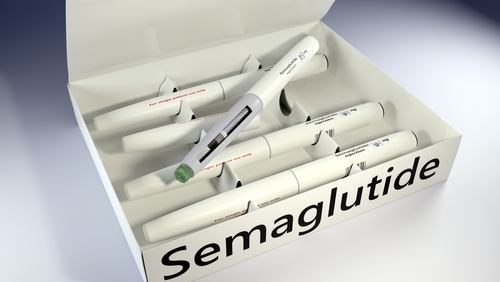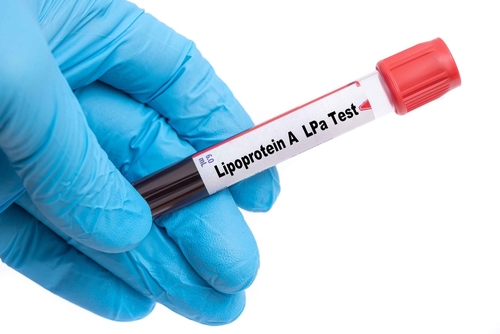
New research has found a link between increased daily water consumption and a lower risk for recurrent cystitis in women.
Researchers studied 140 premenopausal women (mean age, 35.7 years) who reported a daily fluid intake of less than 1.5 L. The mean number of cystitis episodes in the previous year was 3.3. Participants were randomly assigned to either add an additional 1.5 L of water to their daily fluid intake (water group), or add no more fluid to their daily intake (control group).
Women who added 1.5 liters of water a day to their intake were 50% less likely to get another UTI, a new study shows https://t.co/J2H3rpyghY
— CNN International (@cnni) October 1, 2018
Over one year, the water group had a mean of 1.7 cystitis episodes (95% CI, 1.5-1.8) compared to 3.2 (95% CI, 3.0-3.4) in the control group. Three hundred twenty-seven cystitis episodes occurred in total, 111 in the water group and 216 in the control group. The mean number of antimicrobial regimens used to treat the episodes in the water group was 1.9 (95% CI, 3.0-3.4) and 3.6 (95% CI, 3.3-4.0) in the control group. The mean time between cystitis episodes was 142.8 (95% CI, 127.4-160.1) and 84.4 (95% CI, 75.4-94.5) days, respectively. From the beginning of the study period to the end, the water group saw greater urine volume (mean 1.4 [0.04] vs 0.1 [0.04] L; P < .001) and voids ( mean 2.4 [0.2] vs −0.1 [0.2]; P < .001), and decreased urine osmolality (−402.8 [19.6] vs −24.0 [19.5] mOsm/kg; P < .001).
Drinking Enough Water Could Be Key to Avoiding #urinary tract infectionshttps://t.co/hfCPrEkNzE #UTI pic.twitter.com/Kc6H2IM10m
— MicrobesInfect (@MicrobesInfect) October 2, 2018
Cystitis, most often caused by a urinary tract infection (UTI), is one of the most common infectious diseases among women, according to the study authors. More than half of women experience acute uncomplicated cystitis. About 15% of all antimicrobial use is to treat UTIs.
For women prone to #uti who drink less than 1.5 liters of water a day- doubling intake may greatly decrease recurrences. More 💦 may also promote weight loss (not part of this study). Flush those bugs out!: https://t.co/9h7yLx5gML
— Michael H. Hsieh, MD, PhD, FASTMH (@perforin) October 2, 2018
“The World Health Organization and others have highlighted the urgent need for novel antimicrobial-sparing approaches to infectious diseases,” the researchers wrote, adding, “One common recommendation is to increase hydration, based on the belief that dilution and flushing of bacteriuria is beneficial. However, published studies on the association between hydration status and risk of UTI are sparse and unconvincing.”
.
New! Ladies💃🏽do you suffer from Recurrent Urinary Tract Infections?🥴 #GoodNews#EasyFix 🥤💦Increased daily water intake (add 4-6 c) is an effective antimicrobial-sparing strategy to prevent recurrent #UTI in women who drink low volumes of water. https://t.co/XVKkKEZHiO pic.twitter.com/lvP478EGAl
— Nanci Guest PhD, RD, CSCS (@NanciGuestRDPhD) October 1, 2018
The authors concluded that “it seems appropriate for clinicians who counsel healthy women with recurrent cystitis to routinely ask about daily fluid intake and to recommend increased intake of water, especially in those who drink no more than 1.5 L of fluids daily, as a safe and inexpensive alternative to strategies that employ antimicrobials. The resulting reduction in antimicrobial use for treatment and prevention of cystitis in women is likely to have an important beneficial effect on antimicrobial resistance.”
Vitamin D Deficiency and Lower Urinary Tract Symptoms in Women
Source: JAMA







 © 2025 Mashup Media, LLC, a Formedics Property. All Rights Reserved.
© 2025 Mashup Media, LLC, a Formedics Property. All Rights Reserved.